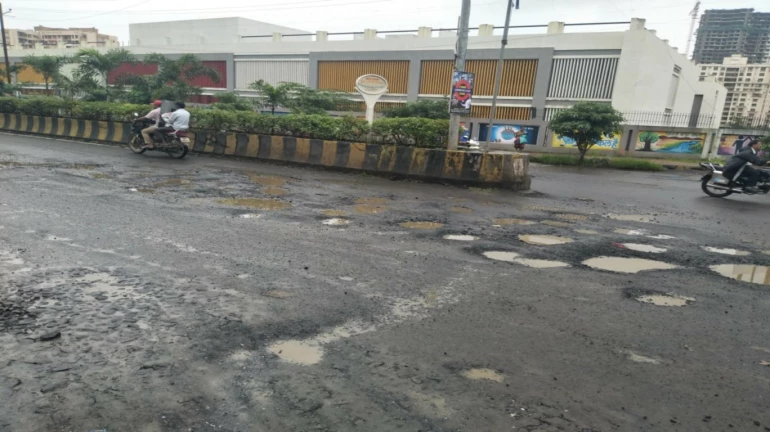
The Brihanmumbai Municipal Corporation (BMC) has begun resurfacing uneven roads following last week's showers. The goal is to prevent potholes from forming.
Similar to last year, the local authority has now assigned 227 sub-engineers to inspect and repair roads daily. Each engineer is responsible for about 10 kilometres of road.
The civic body is also piloting a geo-polymer technology to strengthen concrete roads using geo-polymer technology. This new method allows repairs without removing the entire surface. The roads can reopen for traffic just two hours after potholes are filled. Asphalt roads are being repaired with micro-surfacing technology.
A combined dashboard will monitor potholes. This will make sure they are filled within a day. The dashboard will track the quantity of asphalt used, pothole size and location, and repair times. The BMC plans to spend INR 275 crore on pothole repairs this monsoon. Overall, INR 545 crore will be spent on road maintenance. The fund that has to be spent this year is also nearly 36% more compared to last year.
The concrete paving of 397 kilometres of city roads has started. About 25% of the work is complete. To avoid disruptions during the monsoon, the project has reached a safe stage. Two contractors have completed repairs on roads up to nine metres wide in seven different zones.
After rainfall on June 9, the ward sub-engineers were ordered to resurface roads immediately rather than wait for potholes to appear. This aims to minimise road damage during the monsoon. Engineers are directed to fix any potholes found during inspections.
The BMC manages pothole complaints using social media, the MyBMCPotholeFixit app, WhatsApp lines, and a central helpline. A unified system will now track all complaints and provide detailed information on pothole locations and repairs.
During last year’s monsoon, 70,000 potholes were filled, costing INR 400 crore. This year, the BMC aims to address the issue more effectively with the new technologies and monitoring systems in place.





